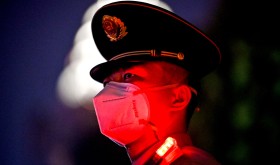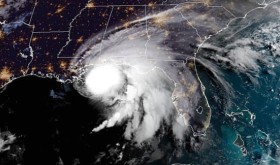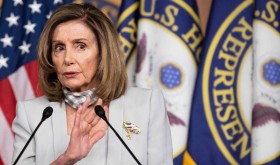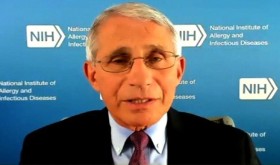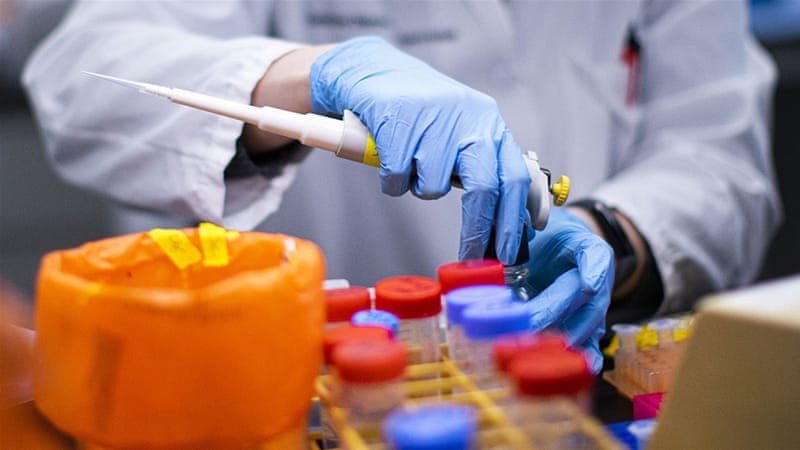
Washington, DC – More coronavirus cases are expected in the United States amid efforts to ramp up testing for the disease, officials say, after weeks of delays and faulty test kits led the virus to circulate undetected.
Experts said as more people are tested for the COVID-19 virus in the coming weeks, more cases will be confirmed.
“As we expand testing we will certainly pick up additional cases,” said Peter Jay Hotez, professor and dean at the National School of Tropical Medicine, in Houston, Texas.
“We will also have to have capacity for isolating those individuals,” Hotez told Al Jazeera.
Nine people have died from the respiratory disease in the US, all in Washington state, and more than 100 have tested positive for the virus, according to the Center for Disease Control and Prevention (CDC). So far, 12 states have confirmed coronavirus cases.
The administration of President Donald Trump has faced widespread criticism for its response to the virus and a delay in the delivery of testing kits to states, slowing the process of detection and isolation of cases – crucial to the containment of the disease.
Delays, faulty kits
The need for more testing became urgent last week after the CDC announced a patient in California who had no travel history and no known exposure to an infected person, tested positive for the virus. Testing that patient had been delayed for four days because of CDC guidelines limiting those who can be tested to Americans returning from China or people close to a confirmed case.
In early February, the CDC said it had shipped about 200 test kits, but two weeks later, the agency announced that the tests were flawed and directed state health departments to send all samples to the central CDC headquarters in Atlanta, Georgia, significantly delaying the process.
“One implication of the delay in testing is not knowing who is contagious if they are asymptomatic or can’t distinguish their symptoms from a regular cough or cold,” said Bhaskar Chakravorti, dean of Global Business at The Fletcher School of Law and Diplomacy at Tufts University.
“Expanding testing has costs and disruptive effects, but can potentially limit the spread of the contagion earlier and faster,” Chakravorti told Al Jazeera.
The CDC has not fully explained why the tests were flawed, but said “performances issues were identified related to a problem in the manufacturing of one of the reagents which led to laboratories not being able to verify the test performance” of the kits.

